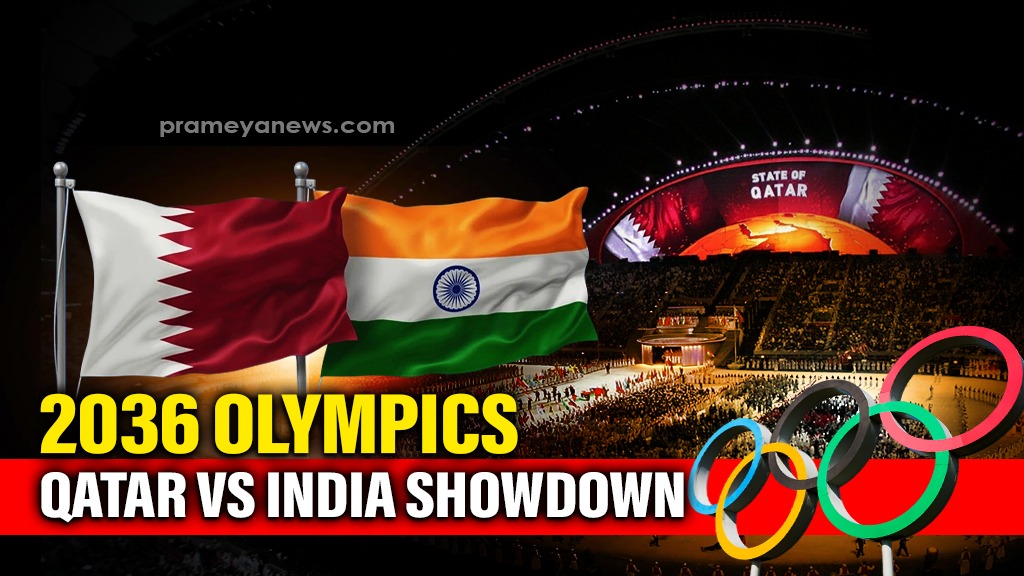

A new competitive arena is taking shape between two rising global powers, not on the athletic field, but in the high-stakes contest to host the 2036 Olympic Games. India and Qatar have officially entered the race, each presenting a compelling, yet fundamentally different, vision for the future of the world’s most prestigious sporting event. This rivalry goes beyond sport, representing a clash of developmental philosophies, regional ambitions, and national branding strategies. While Qatar positions itself as a turnkey host with proven infrastructure, India presents a narrative of future promise and the untapped potential of the world's most populous nation.
At the heart of Qatar's campaign is its "readiness." Following the controversial but successfully executed 2022 FIFA World Cup, the Gulf nation asserts that 95 percent of the necessary Olympic venues are already built and have been tested at the highest levels of international competition. This "plug-and-play" model shifts the focus from construction to the immediate delivery of a premier athlete and spectator experience. Doha’s bid leverages its experience hosting 18 World Championships over the last two decades, including the 2006 Asian Games and the upcoming 2030 edition, to project an image of reliability and proven capability. The core message is clear: Qatar offers a risk-free, world-class event from day one.
In contrast, India's bid, centered on the city of Ahmedabad, is built on aspiration and transformation. The campaign acknowledges that its infrastructure is being developed from the ground up, with the Sardar Vallabhbhai Patel Enclave planned as the primary hub. This approach frames the Olympics not as a culmination but as a catalyst for national development, aligning with the government's "Viksit Bharat 2047" vision for a developed India. To bolster its credentials and gain crucial hosting experience, India is actively bidding for a slate of major international tournaments, including the 2030 Commonwealth Games, positioning the 2036 Olympics as the pinnacle of a long-term strategic plan to become a global sporting powerhouse.
Both nations are strategically framing their bids within a broader geopolitical context. Qatar aims to become the first country in the Middle East and North Africa to host the Olympics. This narrative presents the Games as an opportunity to showcase a unique Arab model of openness and diversity, leveraging sport to foster regional peace and inspire youth. The bid is explicitly linked to Qatar's growing reputation as a central hub for international diplomacy, portraying the Olympics as a natural extension of its role in fostering global dialogue and mutual respect.
India, meanwhile, casts its candidacy as a representation of the "aspirations of the Global South." By emphasizing its status as the only major world economy yet to host the Games, India argues that bringing the Olympics to its shores would have a transformative economic, social, and cultural impact far beyond its borders, resonating across the South Asian Association for Regional Cooperation (SAARC) nations. The pitch highlights India's vast cultural mosaic and democratic values as a platform for promoting unity and friendship on a global scale. This is a bid that speaks to equity, representation, and the shifting global economic order.
As the International Olympic Committee (IOC) re-evaluates its selection process, the choice between these two distinct proposals will be revealing. It will signal whether the IOC prioritizes the proven, compact efficiency of a nation like Qatar or the transformative potential of bringing the Games to a new frontier in India, a nation of 1.4 billion people poised for a significant growth.